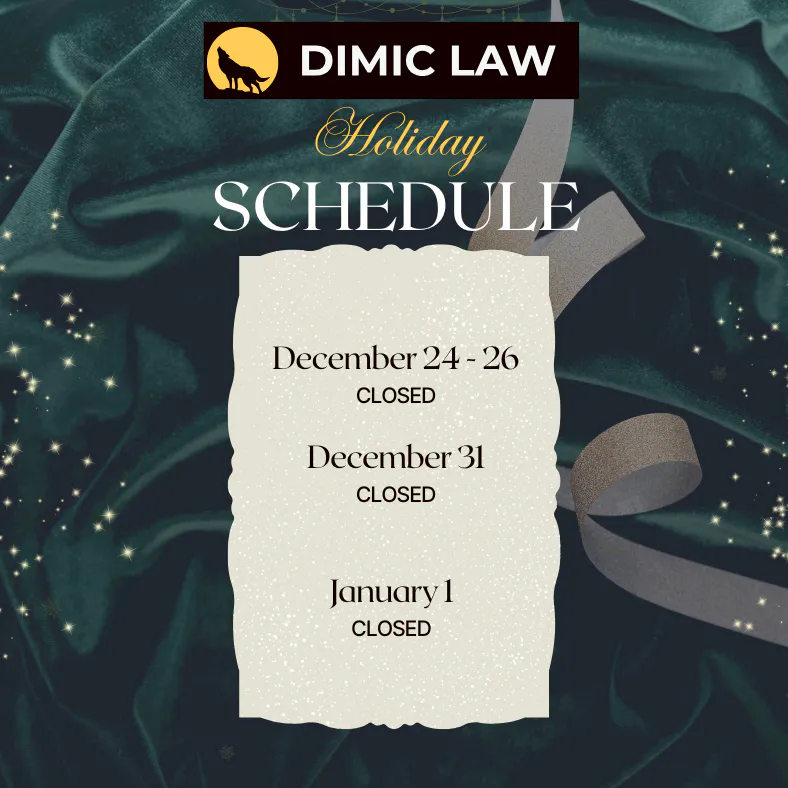
Wills
TheWills and Succession Act [“WSA”] – was proclaimed in Alberta on February 1, 2012. Section 13 and 36 of the WSA provide that capable adults and some minors can make a will. Section 14 is an important provision of the WSA as it defines two mandatory requirements for a valid will, which include that a will must be in writing and that it has to contain a testator’s signature.
Section 15 of the WSA sets out additional requirements for a formal will:
- The written document must be signed by the testator
- The signature must be acknowledged by the testator in front of two witnesses in the presence of each other
- Each witness must sign in the presence of the testator
A holographic will does not require any witnesses to a signature
When we do our initial intake for potential drafting of wills for our clients, we have to keep several things in consideration, including, governing legislation, property forming an estate, possibility of testamentary incapacity and undue influence, potential tax implications, among others.
Wills are drafted in a plain language that speaks clearly to the testator’s intentions. Components of a will include statement of intention and name, revocation of any previous wills or codicils, personal representative (executor) nominations and alternatives, general clauses with respect to personal representatives, debt payment, gift clauses regarding specific and residuary property, personal representative’s specific powers, interpretation, guardianship provisions and attestation clauses.
It is important to remember that insurance policies and most investment accounts will already have beneficiaries that you would have already arranged with the provider and do not need to be addressed in the will, in order to avoid confusion.
In order to begin drafting your WILL, please contact one of our will and estates lawyers.
DIMIC LAW is here to PROTECT WHAT MATTERS MOST.
Legal Problem? Better Call Dimic

